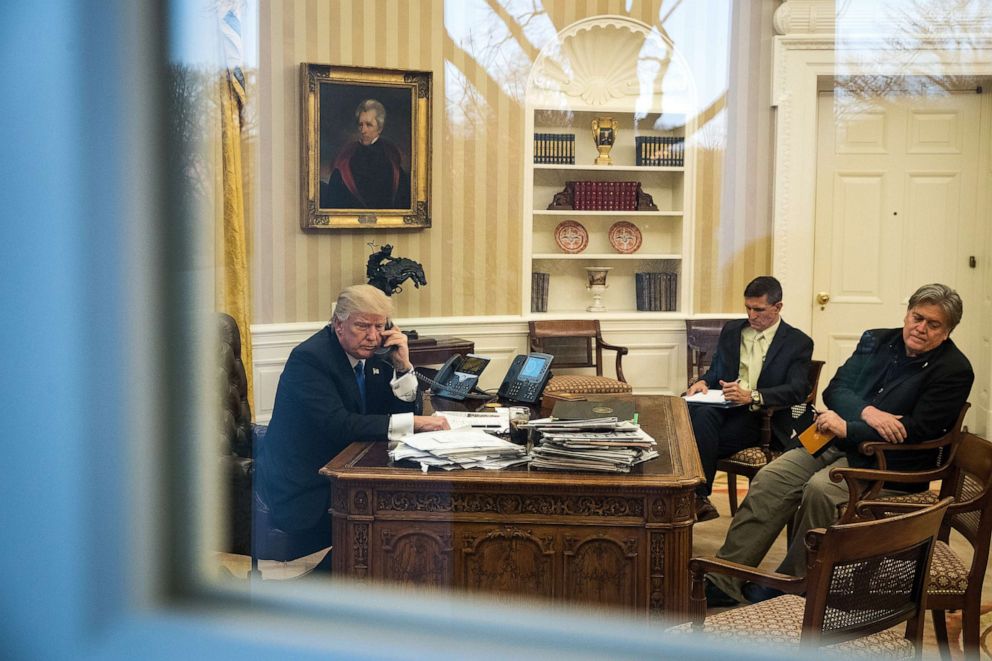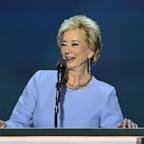Defense attorney Evan Corcoran continued his closing argument by asking the jury to assess each witness's "credibility."
"You need to consider whether a witness has an interest in the outcome of the case, and need to consider whether the witness has a friendship ... with anyone associated with the case," he said.
"The entire foundation of the government's case rests on Ms. Amerling," the Jan. 6 committee staffer, Corcoran said, adding that "of course" she has an interest in the outcome of this case.
He said Amerling "singled out" Bannon and "rushed to judgment," claiming that she filled out the subpoena's "proof of service" form "before it was served."
"Why fill out the proof of service before it was accomplished? That's a reason to doubt the government's case," he said.
He also suggested that Amerling has a political bias, saying that Amerling has been a "staff member aligned with one political party" and donated to Democratic causes.
"Ms. Amerling worked for 20 years for one political party," he said.
Referencing the book club that Amerling and prosecutor Molly Gaston both belong to, Corcoran said that Amerling has a "relationship with the prosecutor," which "raises questions."
"They socialized out of work," Corcoran said, before adding, "Make no mistake, I'm not against book clubs," which drew laughs from those watching in the courtroom.
Corcoran also told the jury that Bannon didn't comply with the subpoena because he believed negotiations with the jury were ongoing. Of the letters between the Jan. 6 committee and Bannon's attorney, Robert Costello, in which the committee repeatedly told Costello that Bannon must comply, Corcoran said, "The government wants you to believe that that's a paper trail to a crime. ... It's two lawyers trying to communicate and negotiate over a legal issue."
As for the deadlines written on the subpoenas, "those dates were placeholders," he said.
Corcoran also said that Bannon's compliance was impacted by concerns over executive privilege.
"He didn't intentionally refuse to comply with the subpoena," Corcoran said. "He clearly, through his attorney, said, 'Let's remove the obstacle to my coming to testify. Let's get rid of the obstacle of executive privilege, and I'll testify, as I've done on several occasions before Congress.'"
Corcoran said that Bannon asked the committee to bring the executive privilege question before a court, and told the committee, "I will abide by the judge's rules."
"This case is not, as the prosecution said, about the need for people to play by the rules," Corcoran said in wrapping up. "This is about Ms. Amerling saying they need to play by her rules."
"Steve Bannon is innocent," Corcoran concluded.





